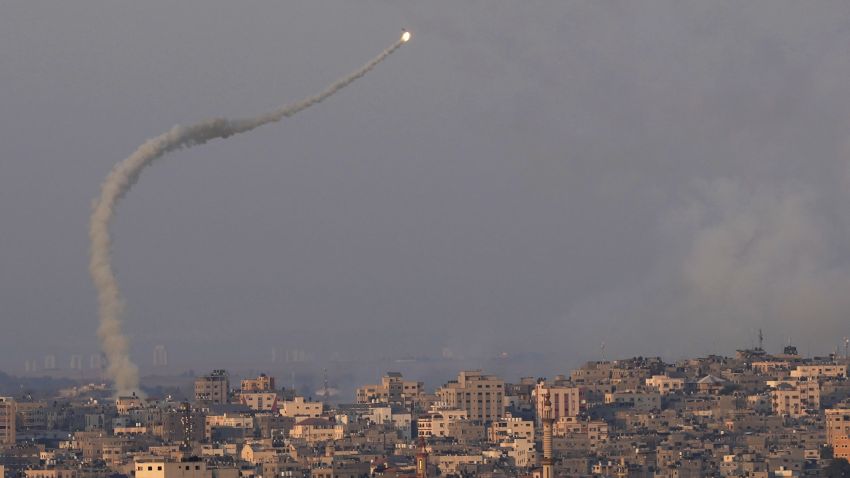The latest conflict in the Gaza Strip has put the international spotlight on the Palestinian Islamic Jihad, or PIJ, the second-largest militant group in that embattled territory after Hamas. Over the course of three days, from Aug. 5 to Aug. 7, the PIJ’s armed wing, the Al-Quds Brigades, fired close to 1,000 rockets and mortars at Israel, while Israel launched 147 airstrikes at the Gaza Strip. The exchange of fire resulted in the deaths of at least 47 Palestinians, including several high-ranking PIJ members and 16 children, most due to Israeli airstrikes but some reportedly caused by misfires of the group’s own rockets. Israelis as far away as Tel Aviv and Jerusalem were forced to take refuge in bomb shelters. The strikes finally ended with a cease-fire brokered by Egypt.
This latest round of fighting began several days after the Israeli military detained veteran PIJ leader Bassem al-Saadi in the West Bank. The PIJ threatened to retaliate against Israeli targets near Gaza, and ultimately, Israel launched preemptive strikes on Aug. 5, killing a senior PIJ commander. Given that the Israeli government has so far refused the movement’s demand to release al-Saadi and another detained PIJ activist on hunger strike as a condition for maintaining the current cease-fire, the risk of a new outbreak in fighting remains high.
Despite the group’s losses, the PIJ may nevertheless have emerged politically strengthened. The flare-up seems to have enhanced the PIJ’s credibility as a resistance movement in some Palestinian quarters thanks to its demonstrated ability to threaten Israeli population centers. The brief conflict may also lead to a more radicalized movement—one that could, in the future, cause problems not just for Israel but also for Gaza’s de facto rulers, Hamas, with which the PIJ has had a complex relationship over the past four decades.

